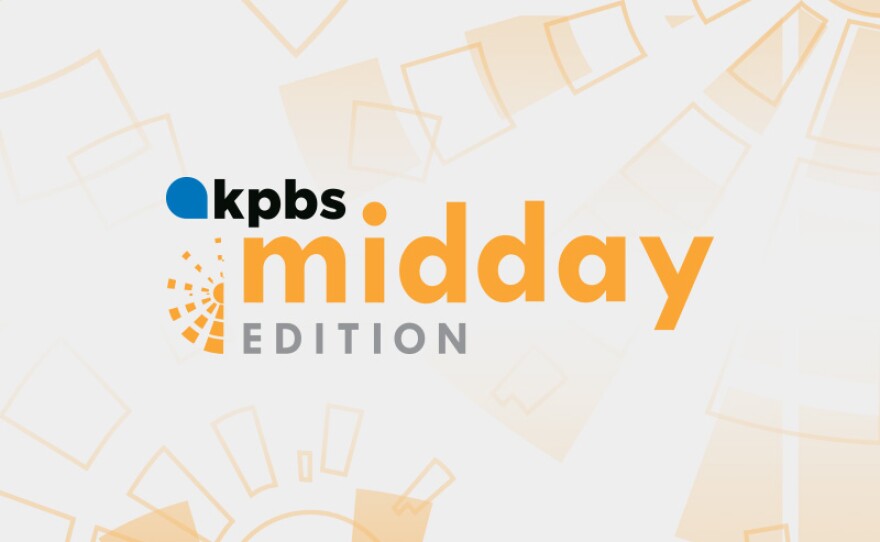Nurse Suicides
Speaker 1: 00:00 A new study from UC San Diego says that nurses die by suicide at a significantly higher rate than the general population. One of the authors of that study, Dr. Judy Davidson, spoke to KPBS reporter Pria Schriefer about why these numbers are higher and the measures being taken to stop them from climbing. Here's that interview. Speaker 2: 00:21 So tell me about these numbers. The study says in 2014 which I believe was the most recent numbers that we have about this, suicide rates were 58% higher for female nurses and 41% higher for male nurses than the general population. Why do you think that is? Speaker 1: 00:38 The reasons for the suicide rate are not clearly understood at this time. This is the first study that's been done on our suicide in the United States and over two decades. So we're just beginning to investigate this and learn more about it. We do have a suicide prevention program at UCLA and through that program over the last three years, we've learned that, um, nurses are under a lot of stress related to either, um, over-regulation. They profession is highly regulated. There's a lot of rules and that can PR, uh, creates a lot of psychological burden. Then of course, witnessing things like death, uh, repeated death, death of people that remind you of your loved ones or family members. So for instance, if you were taking care of a baby that was burned and died and that baby was the same age as your own at home, it might really affect you deeply. Yes, Speaker 2: 01:30 definitely an inherently stressful profession. And I did read a little bit that it's also a little bit about the culture, um, that when you look at fields like law enforcement or emergency responders, oftentimes when they witnessed death, they get time off. Whereas that's not really the case when it comes to nursing, right? Speaker 1: 01:49 Right. Uh, a nurse can work with a patient, uh, and develop a really deep connection with that patient and the patient may not survive. And then as soon as that patient's gone to the Mork, she's expected to pick up the next one right in queue. So there's no break at all, uh, between, uh, these big events and then the next person they need to care for. Speaker 2: 02:11 And so you mentioned the UC San Diego Program, the here program. Um, tell me a little bit about that. I know it started in 2009 and it's aim to help prevent these high suicide rates. Speaker 1: 02:22 Yes. That, that was developed by our physicians in collaboration with the American foundation of Suicide Prevention in, uh, 2009 after they realized that they were having frequent repeated suicides amongst the medical staff. And that's not unique to you, CSD, that's common throughout the country. Uh, it's known that doctors are at a higher risk. So they decided to take a proactive approach and encourage physicians to take a screening profile, anonymous encrypted screening at least once a year. And through that screening profile, they can find high risk individuals and encourage them to get the mental health treatment they need so they can remain completely anonymous all the way through the referral process. And we think that's why this works. Speaker 2: 03:07 Right. So tell me about that. It seems like the suicide rates have gone down since the program started. Speaker 1: 03:13 Yeah. Uh, we can't get false hopes that this will never happen again. But it has, uh, the physicians have, they used to have one per year at [inaudible] between like medical student all the way up to attending. And there have been no physician deaths since they started the program. Uh, we had nurse suicides in the, um, in the, in San Diego several years back. We started that program and, uh, for the nurses extended it to them. And we have not had a suicide since. Um, we know that we can't prevent them completely. Suicide will happen at some point, but, uh, we are detecting many high risk individuals and getting them into treatment. Speaker 2: 03:57 Well, I know a lot of other medical centers around the country are trying to replicate this program now, so it seems like you're doing really incredible work. Dr. Davidson. Thanks so much for joining us. Oh, Speaker 1: 04:07 thank you. That was Dr. Judy Davidson speaking with KPBS reporter Prius. [inaudible] Speaker 3: 04:14 [inaudible].


